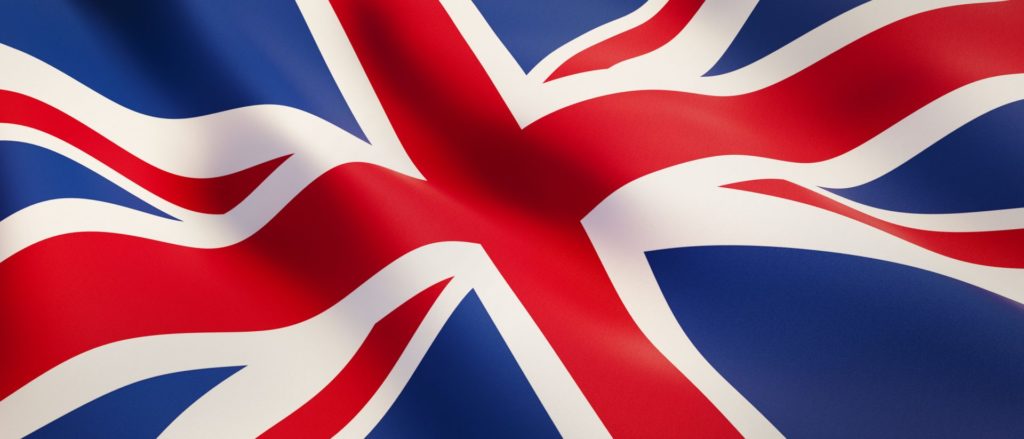
UK largest lenders.
Analysis finds purchasers might entry accounts irrespective of any collapse nonetheless three banks have shortcomings.
The UK largest banks aren’t “too large to fail” and may foot the invoice for his or her very private failures, the Financial institution of England has acknowledged, nonetheless it completely discovered shortcomings at three banks together with HSBC and Lloyds.
Fourteen years on from the monetary disaster that threatened a collapse of the banking system and led to very huge taxpayer bailouts, the Monetary institution of England’s first public evaluation of lenders’ “dwelling wills” discovered that even when a extreme UK lender have been to interrupt down, purchasers might be in a position to entry their accounts, and banks might broadly present suppliers as widespread.
It furthermore decided that shareholders and patrons fairly than taxpayers could be first in line to cowl banks’ losses and guarantee they’d sufficient capital to carry out.

Nonetheless, the Monetary institution cautioned that there have been “nonetheless additional enhancements to be made” by among the many many largest banks to keep away from the chaos that ensued after the 2008 monetary disaster, which pressured the UK authorities to spend £137bn of taxpayer cash to stabilise the banking system.
It acknowledged three lenders – HSBC, Lloyds and Customary Chartered – needed to cope with shortcomings that will in one other case “complicate unnecessarily” their performance to fail safely.
Each of the three lenders was discovered to every not have ample monetary property, or proper knowledge and measurements of them, in place to confirm they are going to absorb losses with out inserting public cash in danger.
Issues have been furthermore raised over whether or not or not or not HSBC might precisely restructure the enterprise in a signifies that might guarantee suppliers have been nonetheless being supplied whereas authorities helped wind down the lender.
Customary Chartered was furthermore singled out for failing to discover out your entire restructuring choices obtainable to it.
Lloyds acknowledged it was already engaged on enhancing its performance to forecast and measure its monetary property, and HSBC acknowledged it was working with regulators to deal with the Monetary institution of England’s factors.
Customary Chartered acknowledged it had put apart devoted funding to be sure that it was ready for an orderly wind-down, saying this work was a “precedence” for the financial institution.
The lenders might have till 2024 – when the following evaluation takes place – to deal with the shortfalls. The evaluation coated eight excessive freeway banks in full, together with Barclays, Nationwide, NatWest, Santander UK and Virgin Money UK.
Dave Ramsden, a Monetary institution of England deputy governor, acknowledged the put together was a core a part of the UK’s response to the worldwide monetary disaster and “demonstrates how the UK has overcome the issue of ‘too large to fail’.”
He acknowledged: “Principal UK banks might want to cope with the great actions acknowledged as a part of the Monetary institution’s evaluation and defend their preparations prepared, examined over time, and be assured of their use should the necessity come up.”
The technique is a part of the UK’s efforts to forestall related factors that led to the banking disaster of 2007-2008, when the specter of a sequence of financial institution failures pressured western governments to spend billions of kilos to deal with lenders from collapsing, and sending the worldwide monetary system into freefall.
The disaster gained tempo after Lehman Brothers was allowed to fail in September 2008, having run out of money to pay its funds when banks stopped lending cash to at the very least one one different. The following panic sparked the worst world recession since before the second world battle.
The US was pressured to discover a purchaser for the brokerage Bear Stearns, whereas the UK authorities nationalised Northern Rock and spent £45bn and £20.3bn of taxpayer money to bail out Royal Monetary institution of Scotland and Lloyds respectively.
“In 2007–08, the UK didn’t have such a name regime and in its place this left two selections when some banks acquired into hassle: let banks fail and set off huge disruption, or bail them out with taxpayers’ cash,” Ramsden acknowledged.
Nonetheless, he admitted that “irrespective of how moderately lots preparation is achieved, decision is at all times further susceptible to be superior to execute. Sustaining a very good and surroundings pleasant decision regime that’s match and prepared to be used is a gradual course of.”




